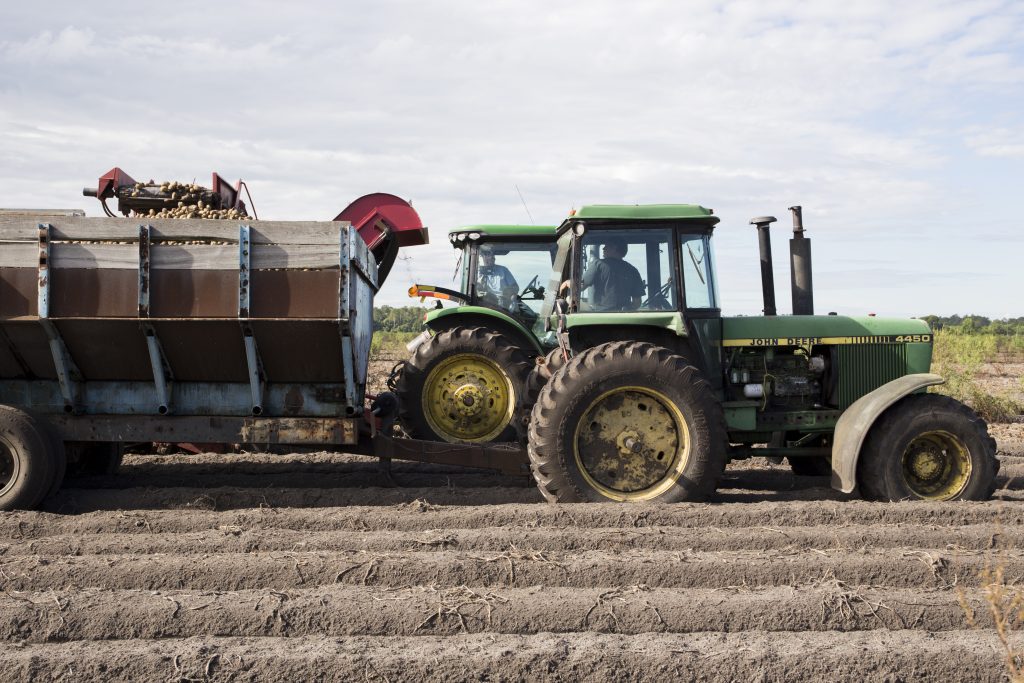
By Clint Thompson
A challenging season for the specialty crop industry could be exacerbated if fears of a potential diesel shortage come to fruition.
Mansfield Energy, a major provider of fuel delivery, announced in late October that it was moving to Alert Level 4 to address market volatility. It moved the Southeast (SE) to Code Red, requesting a 72-hour notice for deliveries, when possible, to ensure fuel and freight can be secured at economical levels.
Those states impacted included Georgia, Alabama, South Carolina and North Carolina. It will lead to increased costs at the pump, according to Mansfield Energy’s website.
“A tight diesel supply will force prices to go up, which will eventually make it too expensive for some people. High prices will bring demand back down enough that it balances with limited supply,” according to the Mansfield Energy website. “At the U.S. economy level, that means pain, as customers cut back and businesses slash costs. At the local, load-by-level, supply will still be available for those whom diesel is a business-critical priority.”
Local Impact
Low supplies and higher costs would be devastating for an industry that utilizes so much diesel in its day-to-day operations, says Tim Coolong, associate professor in the University of Georgia College of Agricultural and Environmental Sciences.
“Certainly, that’s not good because most of our farm equipment is diesel operated. This time of year for our growers, luckily, we’re on the tail end of fall. We’ll be wrapping up as we get to Thanksgiving. We wrap up our fall season, and then we have a little bit of a lull,” Coolong said. “But onion planting starts usually in late November. Of course, we have to lay plastic and stuff, starting in wintertime for our spring crop. Potentially, there could be some issues there.
“They probably do have an on-farm diesel tank in some capacity, because they have so much equipment. But given how much they’re doing in the field, they could go through that pretty quickly.”
That’s on the farm. Away from the field, diesel shortages would impact the ability for farmers to transport produce.
“Every bit of produce that leaves those packinghouses is on a tractor trailer. It all uses diesel,” Coolong said. “If you think of a semitrailer that’s loaded up with produce, I’m sure farmers can reduce tractor trips through the field within reason, but that truck has to go where it’s going.”









